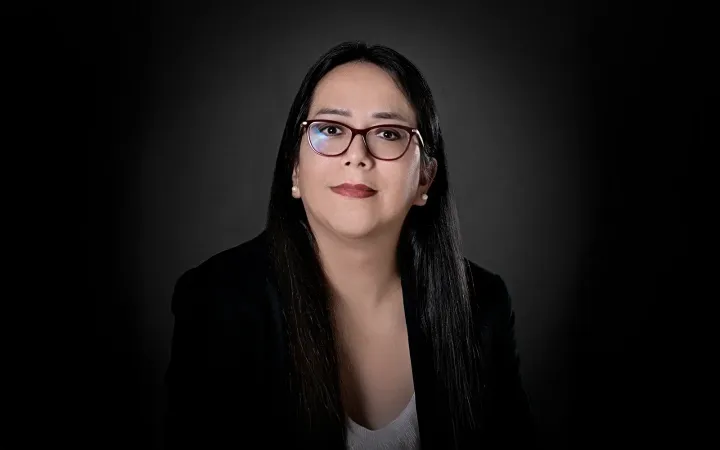Por Heidi Osuna
Esta semana se cumplió el primer aniversario de los atroces ataques que Israel sufrió a manos de la organización terrorista Hamás. Aquel 7 de octubre, más de 1200 personas fueron brutalmente asesinadas y más de 200 tomadas como rehenes, dando inicio a un año de muerte de inocentes en Israel y Palestina.
Ese octubre de 2023 marcó el inicio de uno de los períodos más dolorosos y mortales en la historia reciente de la región. Israel respondió con una ofensiva desmedida sin hacer distinción entre terroristas y civiles, lo que desencadenó una alarmante ola de violencia que nos obliga a reflexionar sobre los horrores de una guerra conducida por un gobierno sin estrategia, cegado por el odio, el racismo y la islamofobia: el de Netanyahu, que ha violado el derecho internacional.
Aunque ambos lados han sufrido pérdidas devastadoras, Palestina ha soportado la peor parte. Según datos retomados por la ONU, más de 41 mil palestinos han sido asesinados, de los cuales casi el 70% son niños y mujeres: más de 16 mil niños y 11 mil mujeres. Además, informes de Save the Children y otras organizaciones advierten que al menos 20 mil niños están desaparecidos.
La ofensiva israelí ha destruido el hogar de millones, desplazando a 1.9 millones de personas, lo que representa el 90% de la población total de Palestina. Más de 96 mil personas han resultado heridas y aproximadamente 10 mil se encuentran bajo los escombros. No se trata solo de cifras, sino de vidas destrozadas, de familias incompletas.
Un año puede parecer breve para algunos, pero para los palestinos y familiares de los rehenes israelíes ha sido una eternidad. Los palestinos no solo enfrentan los bombardeos, sino también el hambre, utilizada como otra cruel arma de guerra. Según el último informe de la Clasificación Integrada de la Seguridad Alimentaria (CIF), el 96% de la población - 2.1 millones de personas - sufre de hambre severa o aguda. Este sufrimiento es una consecuencia directa del bloqueo impuesto por Israel, que ha impedido la entrada de alimentos, medicinas y suministros esenciales.
Retratar la destrucción de Palestina no es solo devastador, es también un testimonio de la crueldad infligida sobre civiles inocentes. Más de 215 mil viviendas han sido dañadas o destruidas, el 84% de las instalaciones médicas han quedado inoperables y el 67% de las instalaciones básicas, como el agua potable, ya no funcionan. Hoy, ningún hospital en Gaza está en funciones, y la infraestructura ha colapsado, pero lo más grave es que la dignidad de todo un pueblo ha sido ultrajada.
El fracaso de Netanyahu para lograr el regreso de los 101 rehenes israelíes ha resultado en una escalada aún mayor: su gobierno ha abierto fuego contra Líbano expandiendo el conflicto más allá de Gaza y poniendo en peligro a más civiles. Irónicamente más rehenes han muerto por los bombardeos israelíes que los rescatados en operaciones militares, lo que revela la trágica paradoja de una guerra que, bajo el pretexto de proteger, acaba sacrificando a quienes se debe salvar.
Este año nos ha demostrado que la violencia solo genera más violencia, odio, muerte y devastación. El apoyo global ha fortalecido el llamado al reconocimiento de dos Estados, una solución en la que tanto palestinos como israelíes puedan vivir en seguridad y dignidad. Este clamor por la paz resuena con fuerza en todo el mundo.
Hoy más que nunca, es urgente romper este ciclo de violencia y ofrecer una solución concreta a un pueblo que ha sufrido las peores consecuencias de un conflicto del que no es responsable. El pueblo palestino tiene derecho a vivir en paz e Israel tiene derecho a vivir seguro. No podemos permitir que el destino de millones siga marcado por la constante amenaza de una guerra perpetua.

Las opiniones expresadas son responsabilidad de sus autoras y son absolutamente independientes a la postura y línea editorial de Opinión 51.






Comments ()